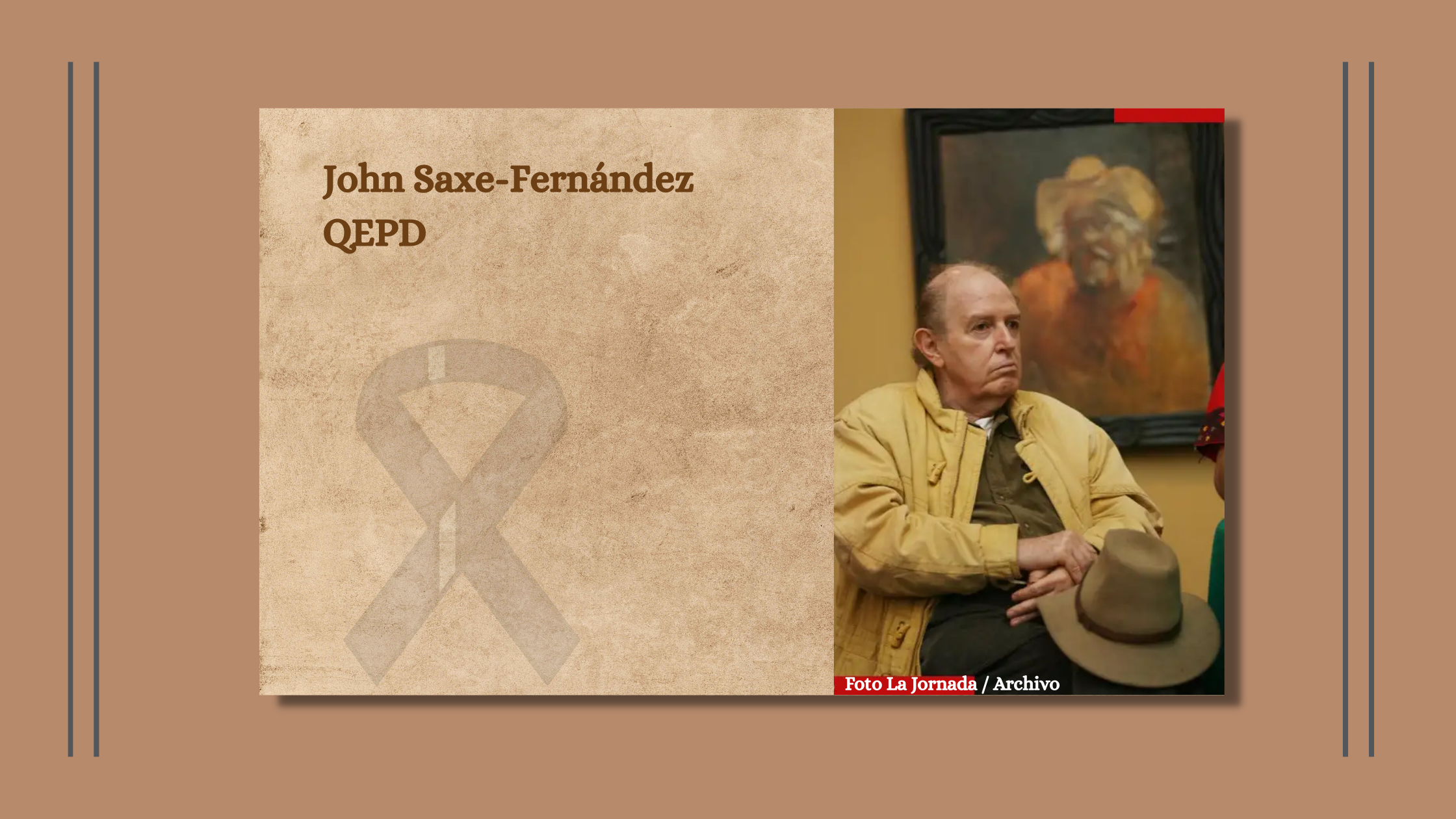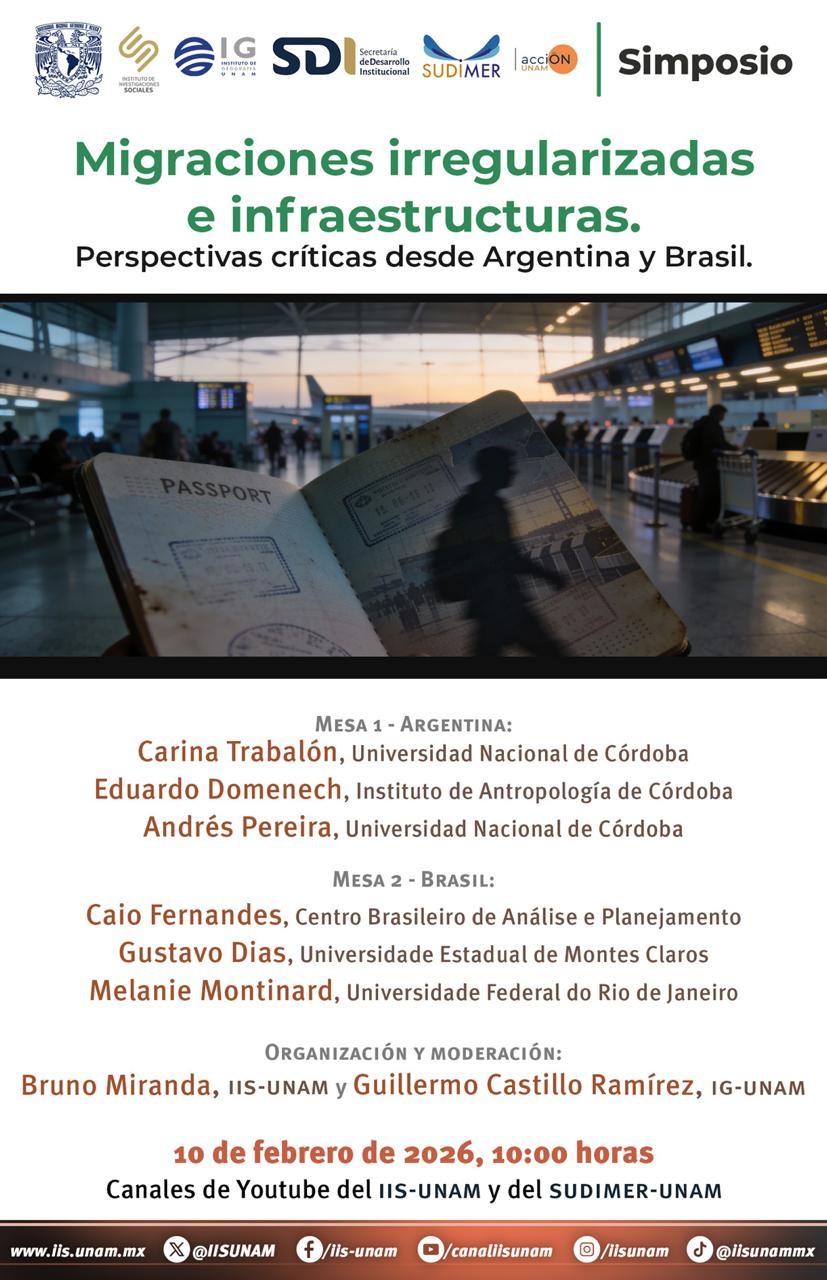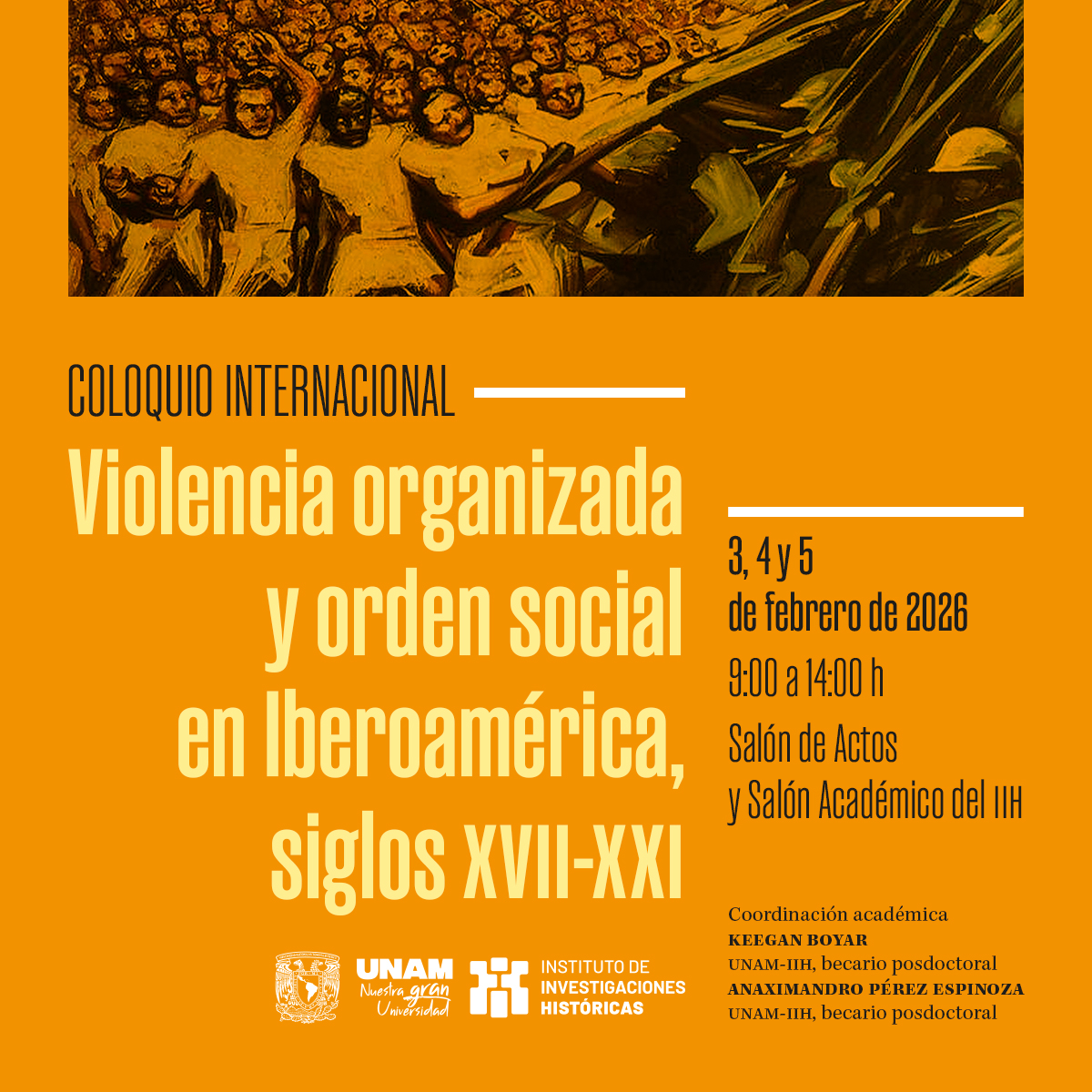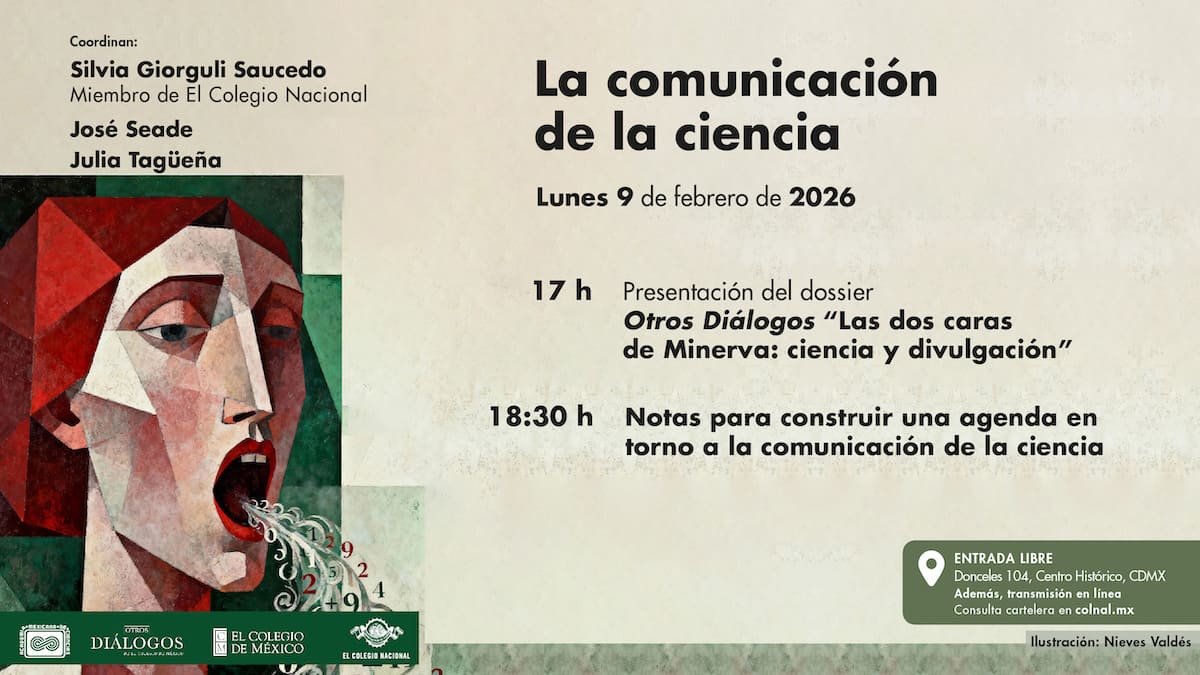Summer Institute for Early-Career Scholars
Overview
The SSRC’s Religion and the Public Sphere Program, with support from the Henry Luce Foundation, will host a Religion and the Public Sphere Summer Institute for Early-Career Scholars. This week-long institute will take place in July 2020 in Santa Fe, New Mexico.
The application for the 2020 Religion and the Public Sphere Summer Institute for Early-Career Scholars is now open. Applications are due: January 31, 2020. Apply online at apply.ssrc.org.
The goal of the 2020 Summer Institute is to bring together early-career scholars conducting research on, or beginning new projects on, the ways in which religion intersects with two critical public issues: social justice movements and environmental crises. Through a series of small seminars and workshops led by senior scholars, and unstructured time for reading, writing, and reflection, the Institute provides an intensive but informal setting for cross-disciplinary dialogue, exploring research design, presenting research findings, and networking with peers concerned with the ways in which religious ideas, practices, actors, institutions, and movements engage the public sphere. Following the workshop, participants interested in pursuing collaborative projects with each other will be eligible to apply for small seed grants to develop their projects.
Summer Institute Themes
The Institute is open to advanced doctoral candidates and recent postdocs from all fields in the social sciences, humanities, and theology. We invite applications from early-career scholars who work on, or seek to work on, either of the following:
Religion and social justice movements in transatlantic perspective: This theme will focus on Europe and North America (including the United States, Mexico, Central America, Canada, and the Caribbean), but is also open to projects that include research in other regions, such as other home countries of immigrants to the global North. Projects for this theme might address questions such as:
- How are religious leaders, actors, and organizations publicly responding to growing social inequality and to exclusionary populist mobilizations targeting racial minorities and immigrants? And with what kinds of effects?
- How do religious actors understand the sources and dynamics of social inequality and exclusion (locally, nationally, globally), and how does this shape the ways they approach them?
- What kinds of transnational dialogues and intersections exist among religious actors to mutually support and learn from each other, and to imagine transnational responses to inequality and exclusionary populism? To what extent are such transnational dialogues and intersections reshaping local and national movements, whether religious or political?
- How are spiritually-rooted forms of expression (practice, ideas, feelings, and symbols, etc.) invoked in activism for social justice? How does this shape the internal dynamics within these movements or their cultural or political impact in the wider world?
Religion, spirituality, and environmental crises: This theme is open to projects from scholars working in any world region. Projects for this theme might address questions such as:
- How does religion—broadly understood to include ethics and spirituality—play a role in the way people are interpreting radical shifts in their environments, such as those that increase threats to health, economic thriving, or social stability? How are communities, or movements, integrating experience and information about the changing environment into their lives?
- As ethical, spiritual, and theological principles inform humans’ relationships with and responsibilities to nonhumans and to the natural world, what new environmental movements are emerging? Or how are existing movements shifting the focus of their work? To what degree do religious or spiritual institutions and values help or hinder the organizing of these movements in the face of environmental crisis? How might religiosity facilitate translocal or global connections across such movements?
- How are scientific and religious ideas and narratives transmitted globally, and what is the role of technology in mediating these ideas and narratives? As new information and disinformation about environmental change and adaptation moves around the globe, how are religious beliefs, practices, understandings, and discourses about the environment being communicated, and with what effects?
The 2020 Summer Institute will include separate sessions for each of the two themes in which participants engage with others working within their theme, as well as shared plenary sessions that will focus more broadly on the role of religion in the public sphere and overlapping analytic concerns.
Eligibility
Students currently enrolled in a PhD program who have advanced to candidacy (must have completed all requirements for the PhD degree except for the dissertation by June 2020) and recent postdocs (those who were granted their PhD during or after Spring 2015) from fields in the social sciences, humanities, and theology are invited to apply for the Institute. There are no restrictions in terms of the citizenship or geographic location of the applicant.
To apply
Applications must be submitted through the SSRC’s online application system no later than 11:59 pm EST on January 31, 2020. Applications will consist of a narrative description of a current research agenda, a short application form, and a curriculum vitae. Apply now at apply.ssrc.org.
Participants will be selected on the basis of their research agenda and rationale for how participation in the Summer Institute will contribute to that agenda (i.e., benefit from engaging with a range of disciplinary perspectives, intellectual traditions, and geographic foci). Applicants will be informed whether or not they have been selected for the institute in early April.
The SSRC will cover all expenses during the Institute and will cover reasonable travel expenses to attend the Institute. With questions, please check out our FAQ page. With other questions that are not answered there, contact the Religion and the Public Sphere staff at religion@ssrc.org
Download>>
Te puede interesar
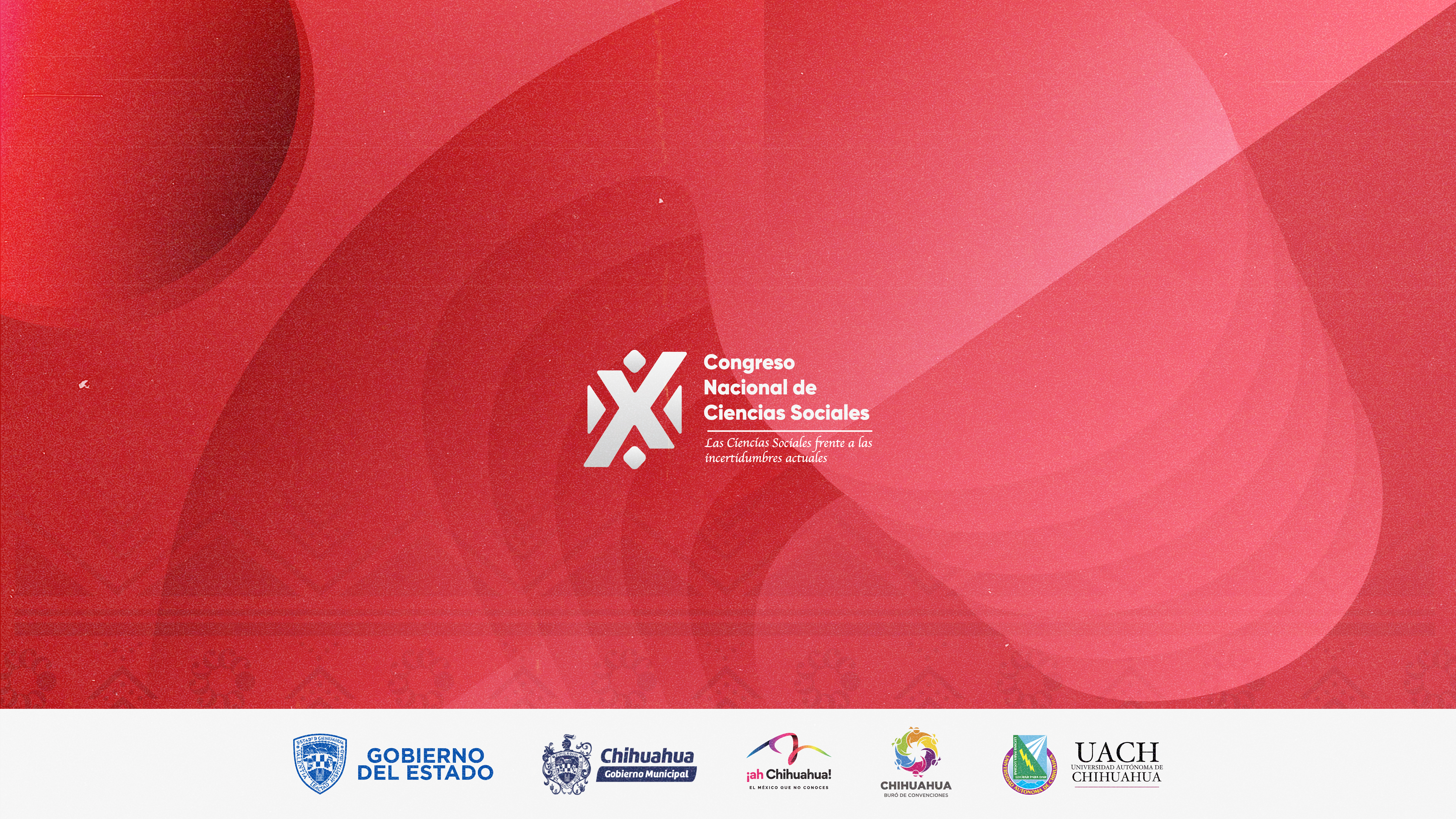
Convocatoria Feria del libro
Laura Gutiérrez - Feb 04, 2026FERIA DEL LIBRO X CONGRESO NACIONAL DE CIENCIAS SOCIALES “Las Ciencias Sociales frente a las incertidumbres actuales” INVITACIÓN Información general…

Hoteles con convenio | X Congreso Nacional de Ciencias Sociales
Laura Gutiérrez - Ene 28, 2026X Congreso Nacional de Ciencias Sociales Las Ciencias Sociales frente a las incertidumbres actuales del 23 al 27 de marzo…

Memorias del IX Congreso Nacional de Ciencias Sociales
Roberto Holguín Carrillo - Jul 02, 2025IX Congreso Nacional de Ciencias Sociales Las ciencias sociales y los retos para la democracia mexicana. Realizado en el Instituto…
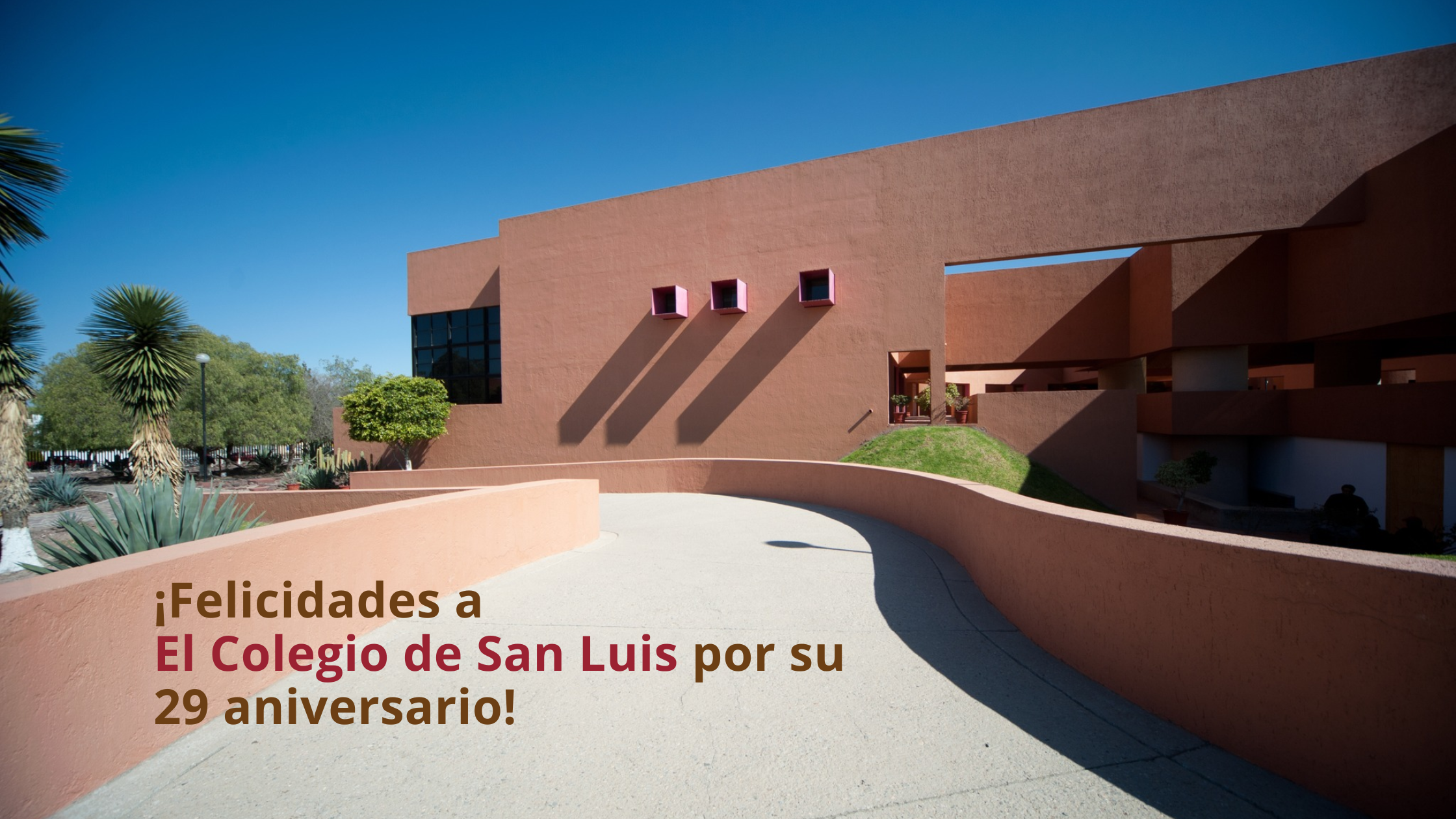
29 años de El Colegio de San Luis
Laura Gutiérrez - Feb 06, 2026El Colegio de San Luis celebra 29 años de historia y compromiso El Colegio de San Luis A.C. (Colsan) es…

Estudios Sociales, vol. 36, núm. 67
Laura Gutiérrez - Feb 05, 2026Centro de Investigación en Alimentación y Desarrollo, A.C. Estudios Sociales Revista de alimentación contemporánea y desarrollo regional vol. 36, núm.…



